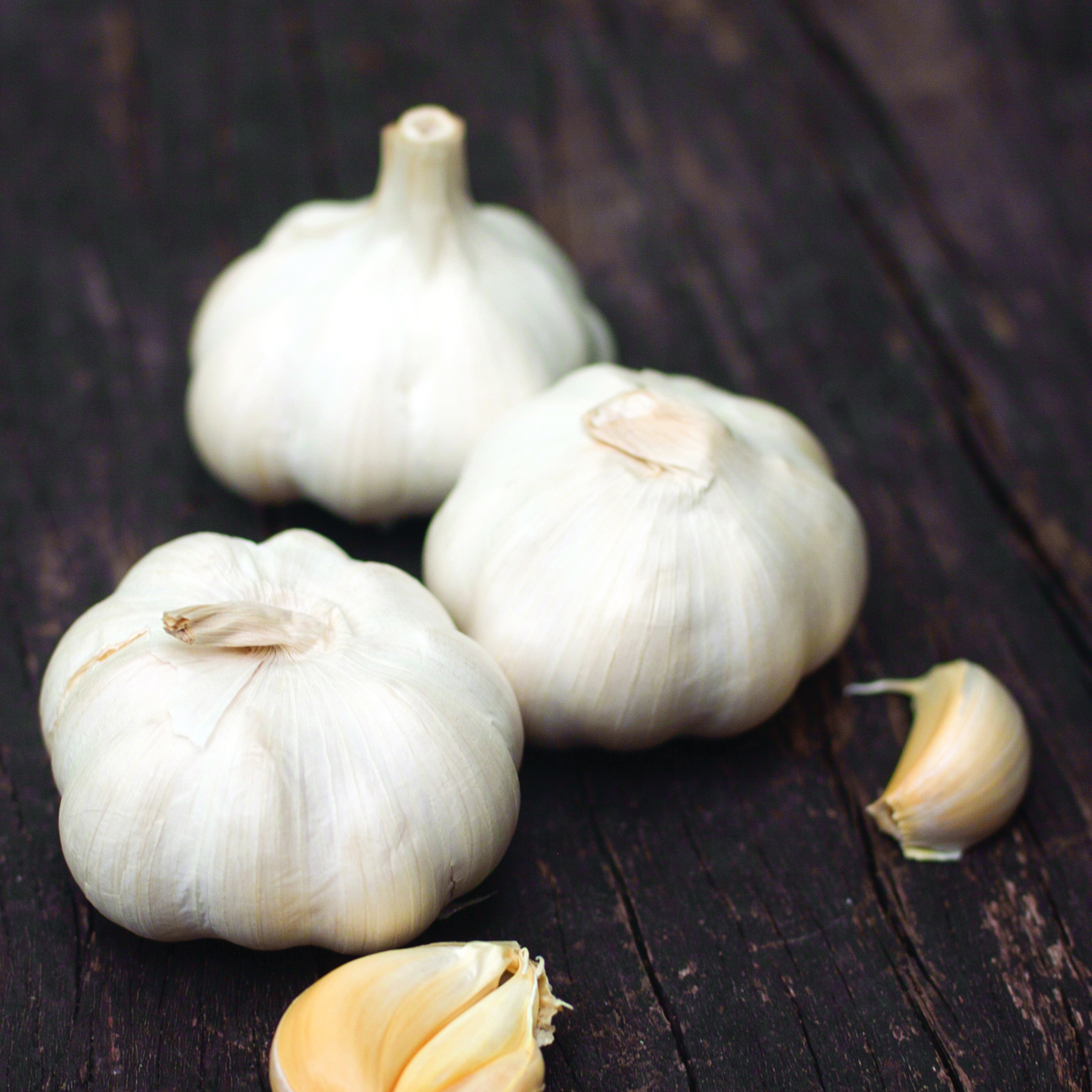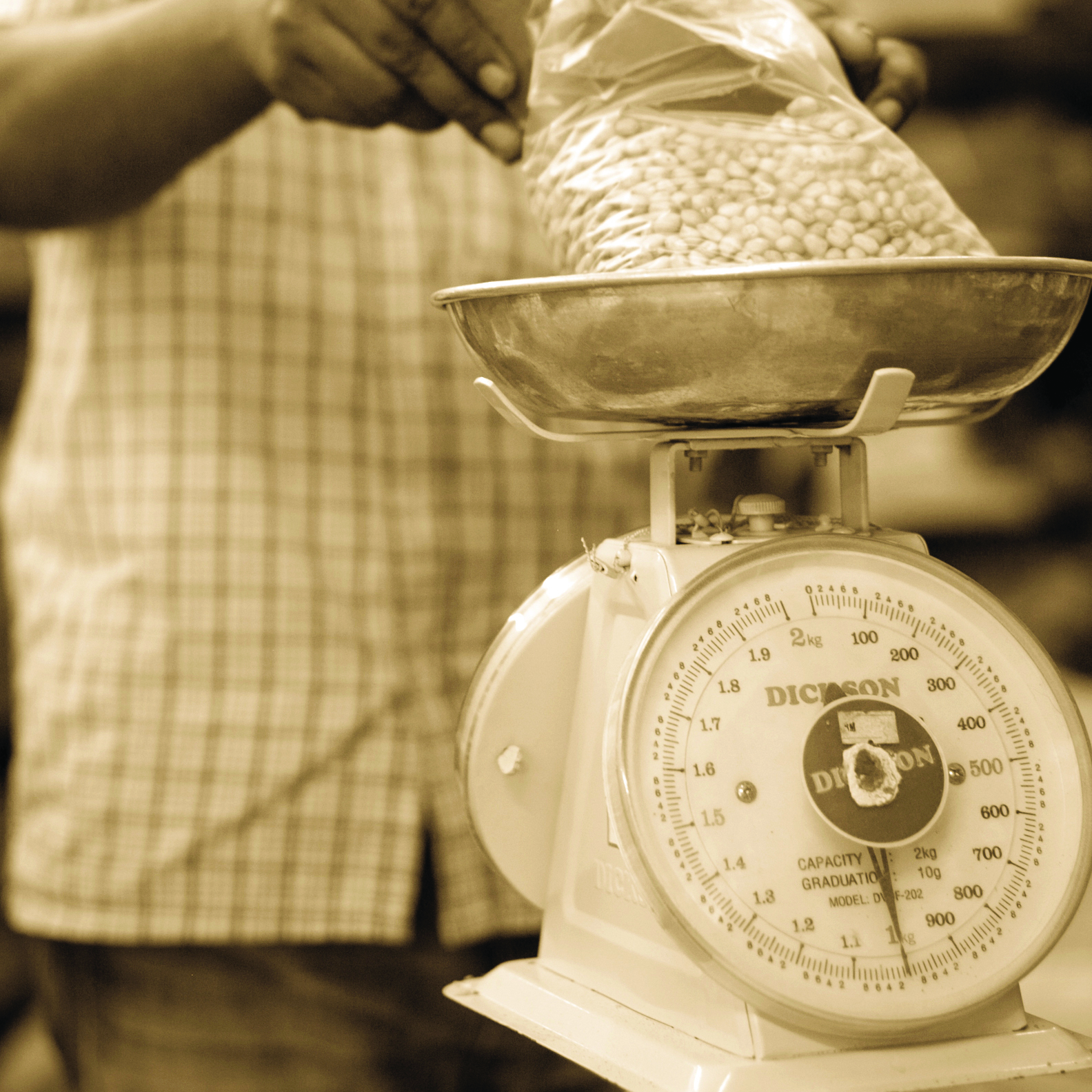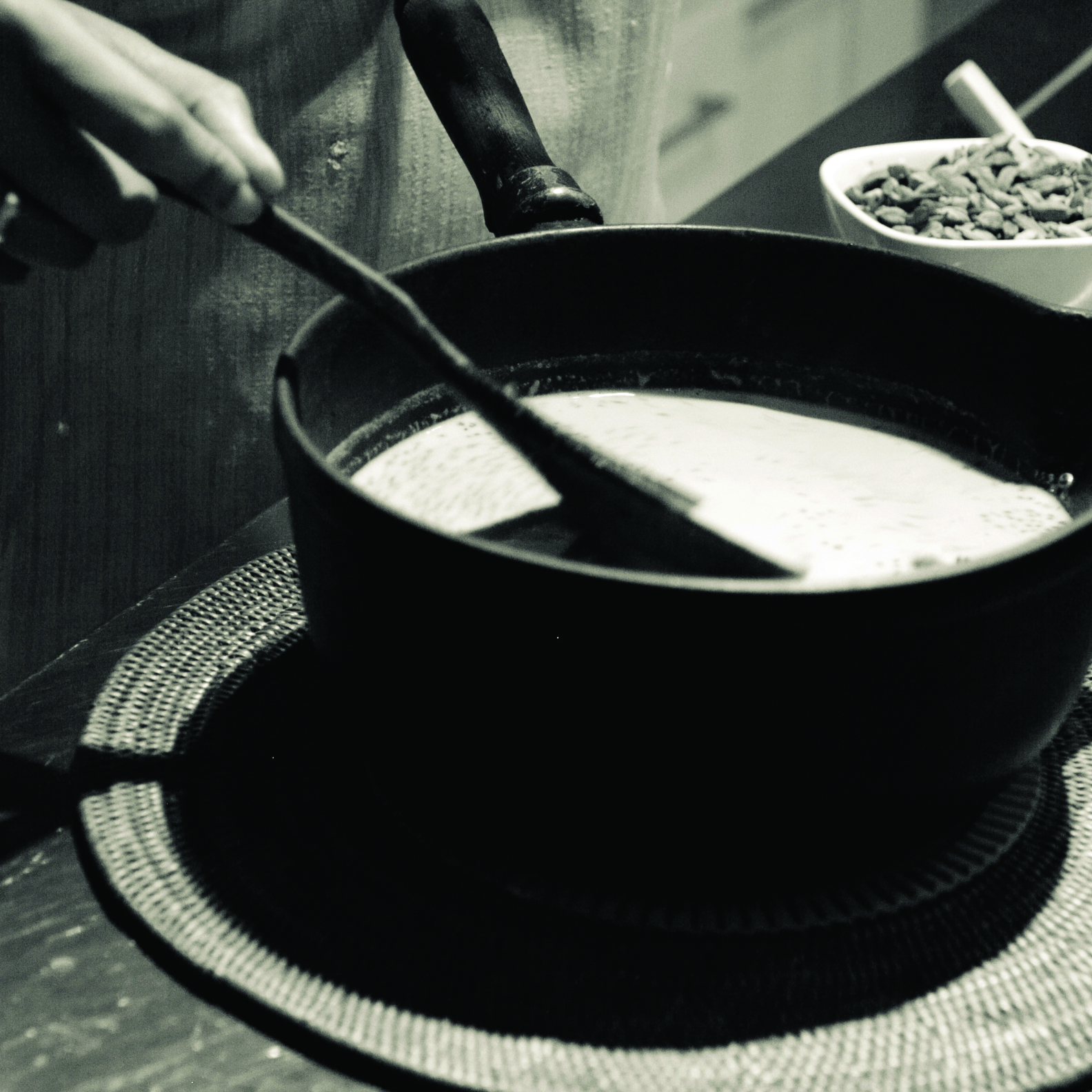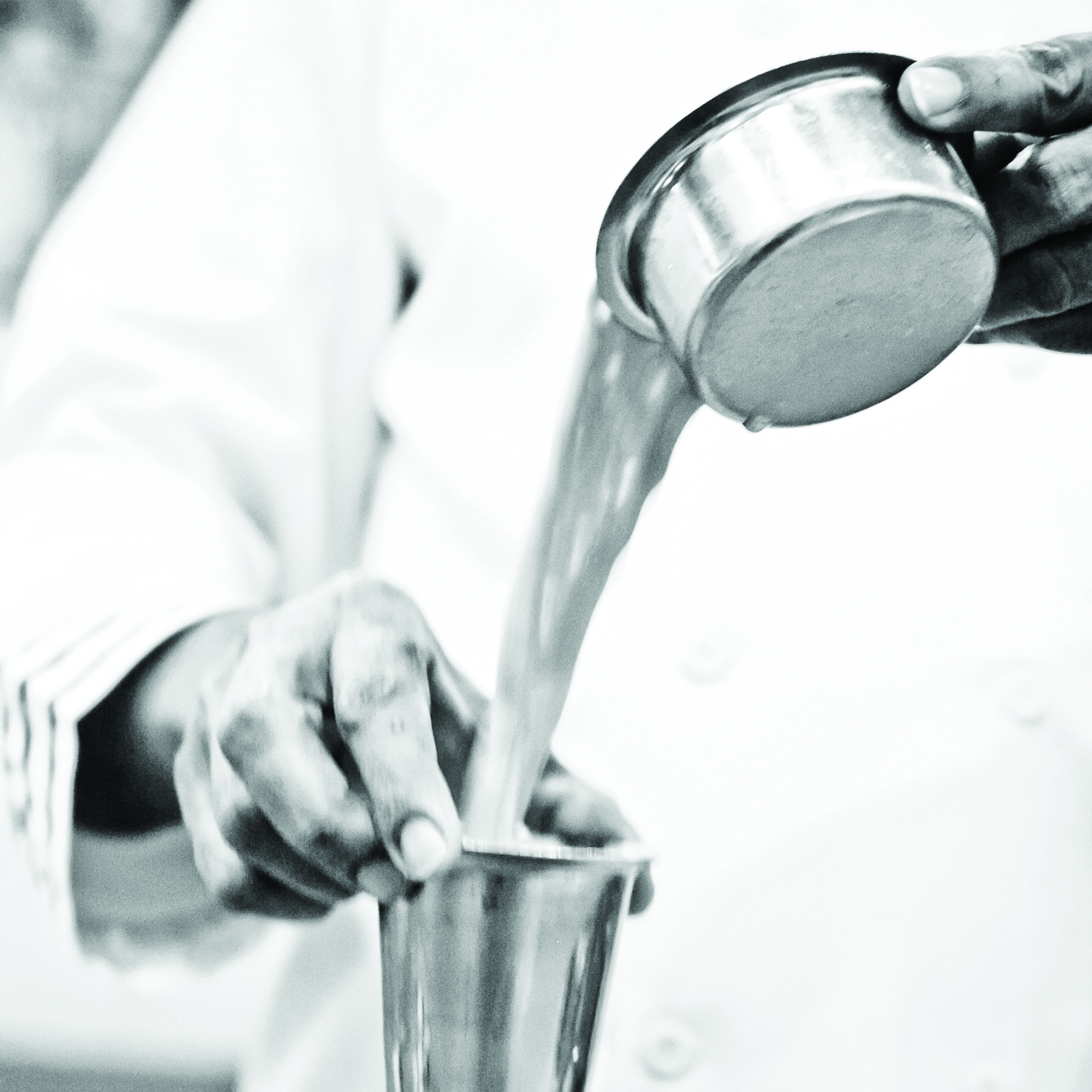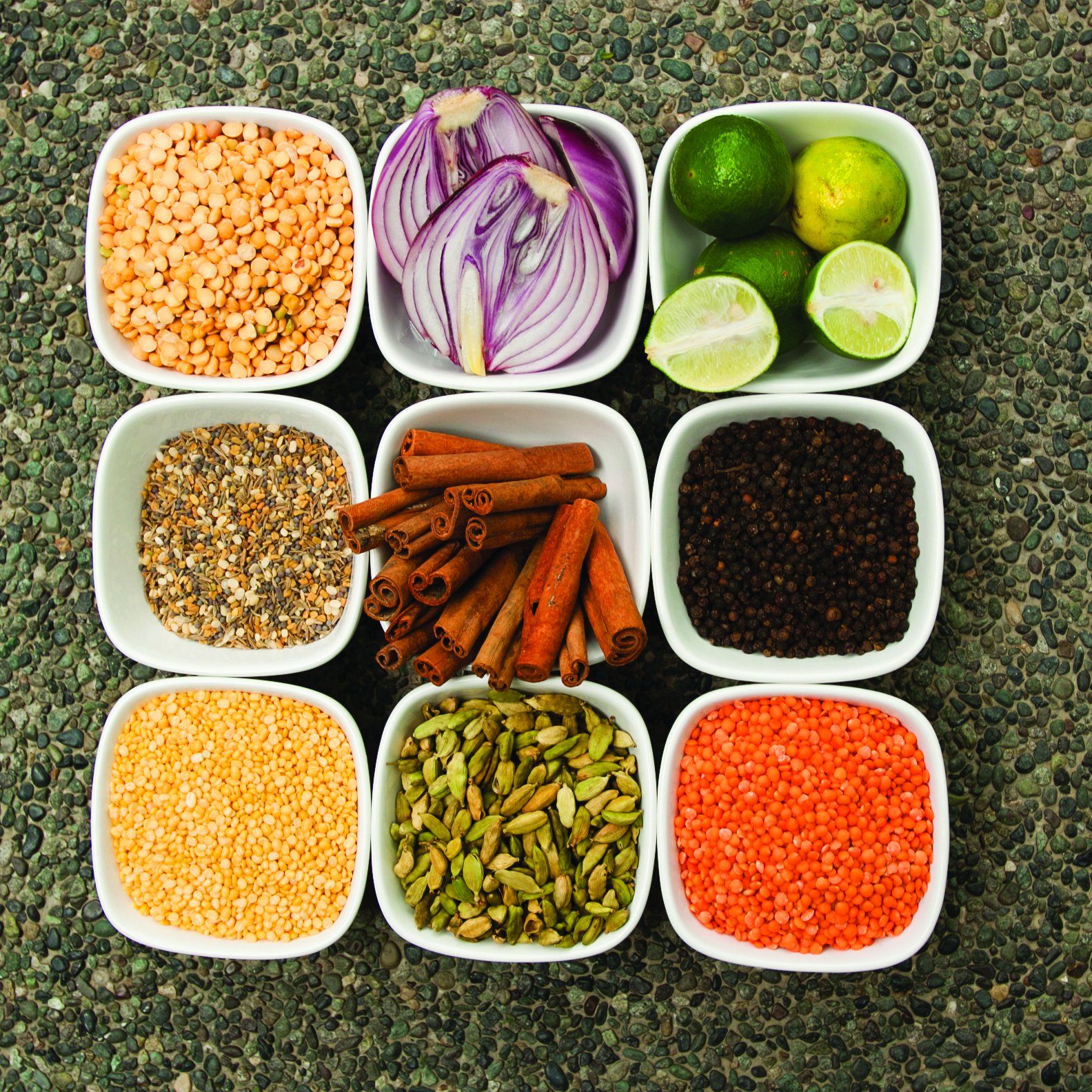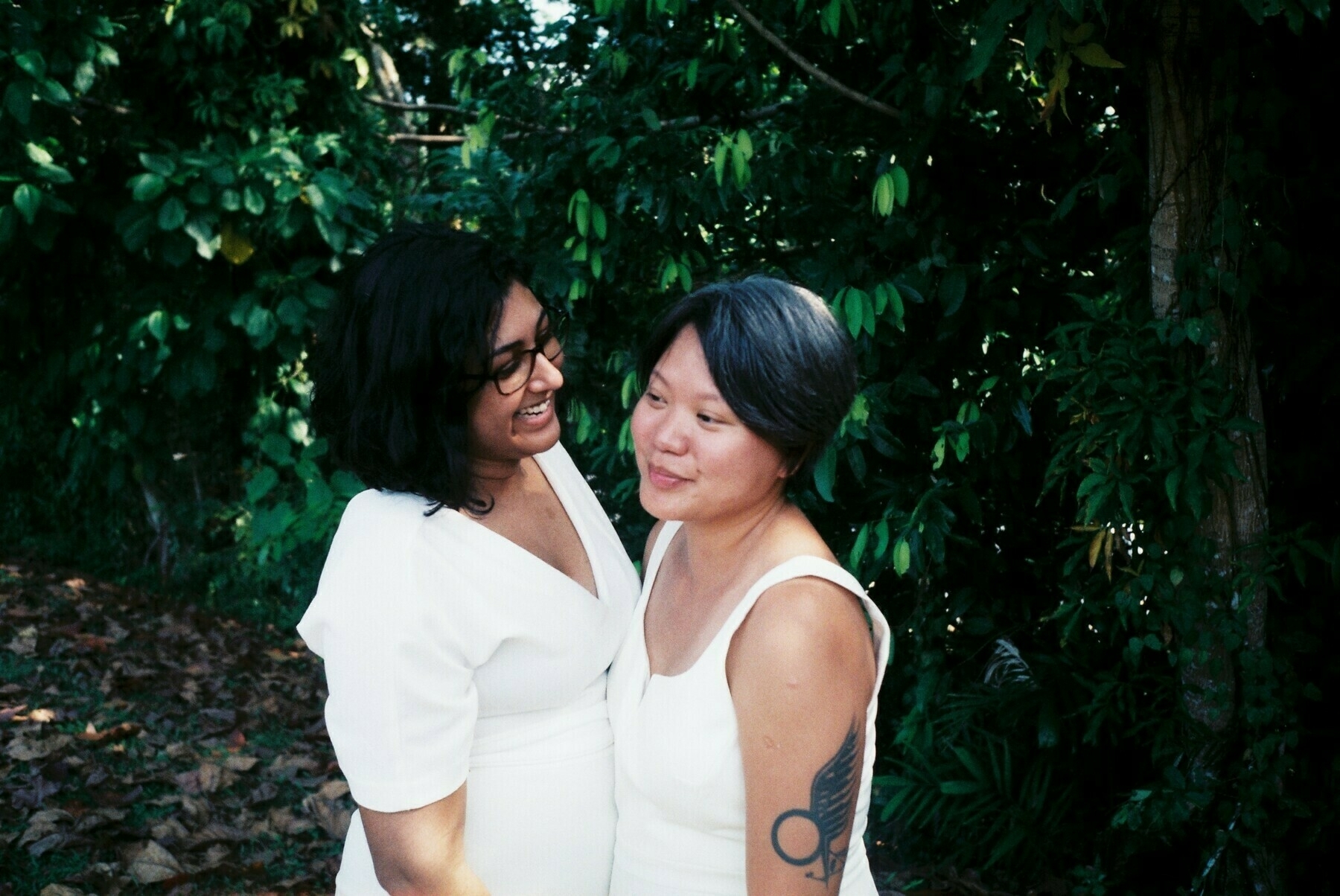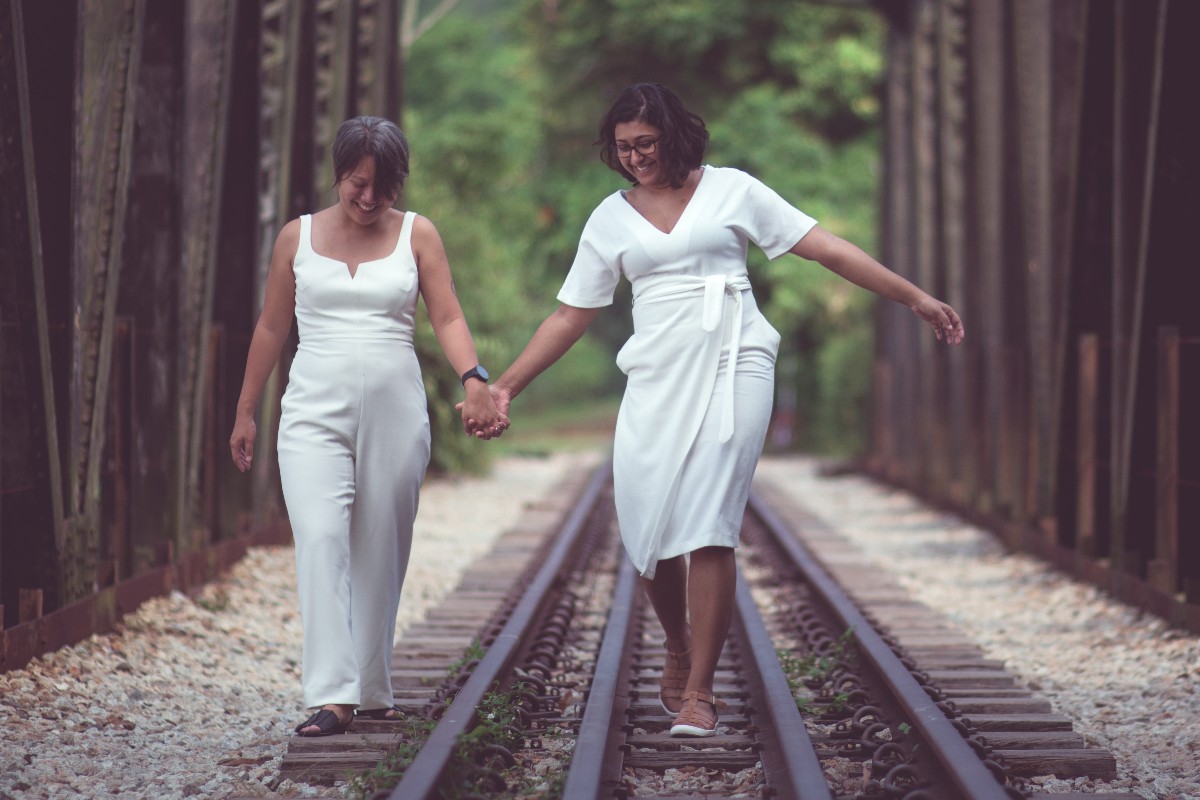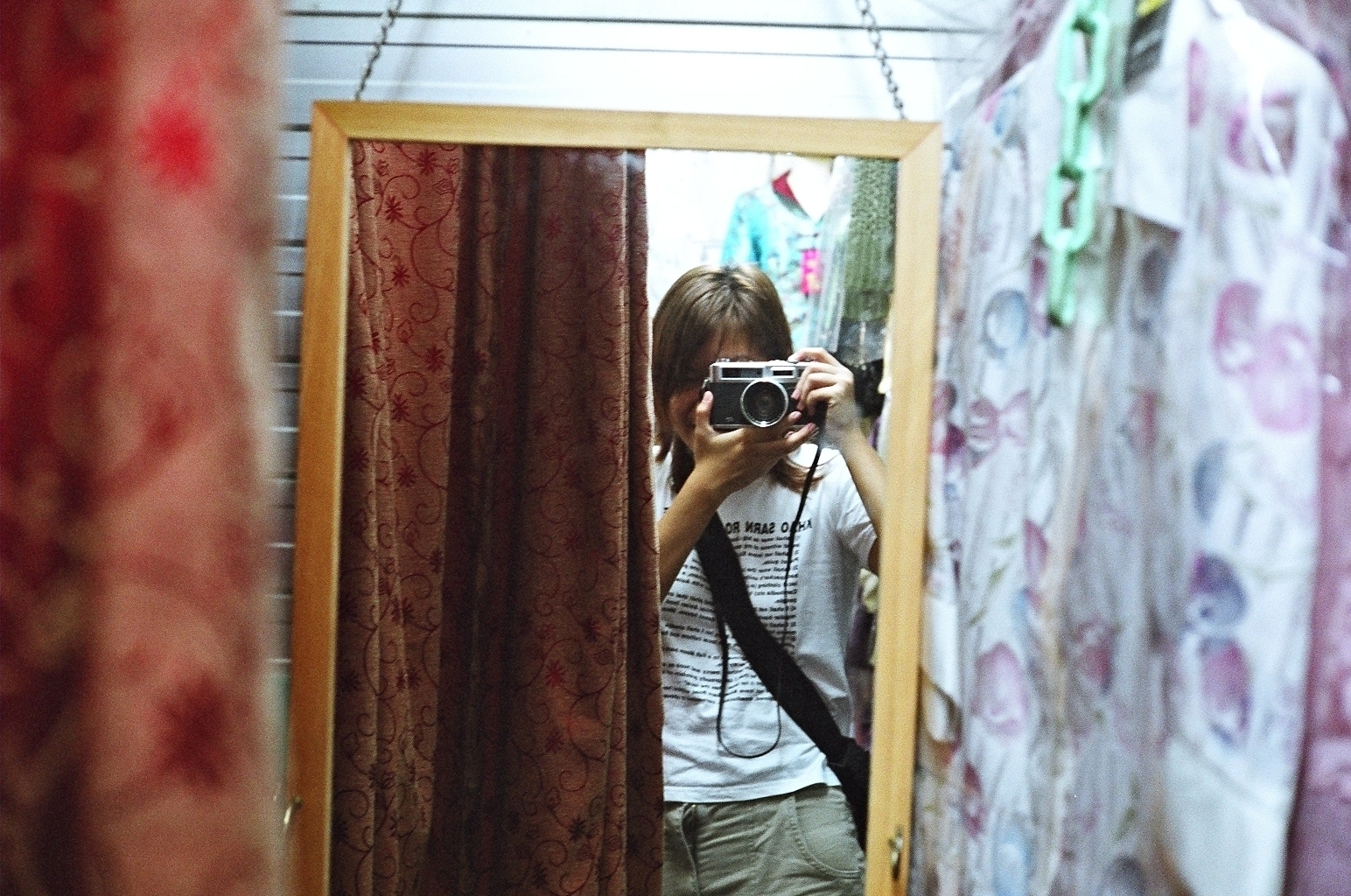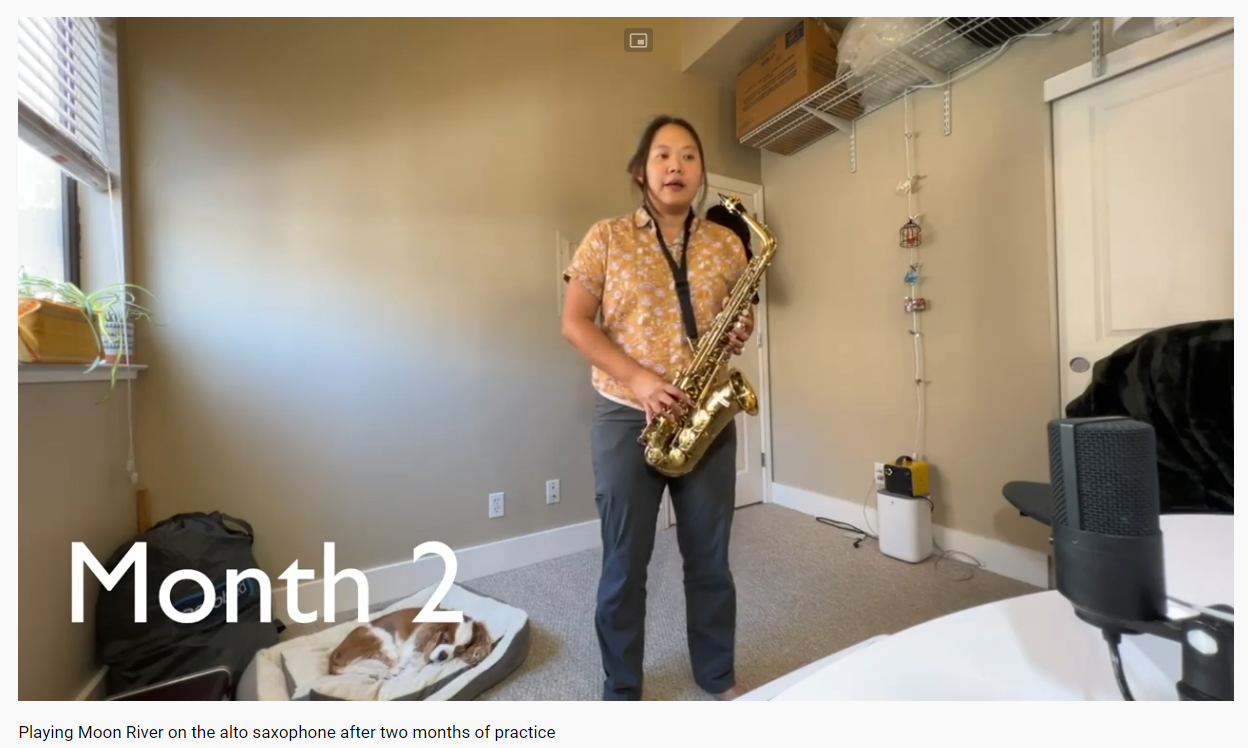Almost exactly 16 years ago I signed up for Twitter, curious about what it might be. The social web was so young then. I was still in university. The hashtag had barely been invented. Technology seemed like it might change the world, and I was excited to be a part of it.
16 years later, I am midway through my career in technology and I am starting to feel like.. a lot of this was a mistake. Walled gardens were a mistake. Trusting people who wanted to move fast and break things were a mistake.
I can no longer abide narcissistic people who treat people cruelly for fun and profit. I was in Myanmar a lot in the heady days of 2013/2014 where the corporations were so excited about the Next Billion Users coming online in Southeast Asia, but they didn't care if they also inadvertently accelerated genocide. I didn't get a front row seat to that mess, but I knew many civil society activists who were working so hard to try to get Facebook to care.
I cut my use of Facebook and Meta-owned products as a result.
This week, the rocket man unceremoniously let go of many people, many of them people I know. There are no good layoffs or reorgs, but there are too many people who conflate cruel behavior with necessary behavior. Beyond the amorality of it, I am also concerned about security issues if a service like Twitter is left running but everyone's already left the building. As late as a few days ago I still imagined I would 'go down with the ship' or stick around to find out, but after (1) the unethical firings (2) realizing that the new owner was personally censoring things that painted him in an unceremonious light, I decided that I don't need to live that way and I don't owe him anything.
This is how I am going to reboot my social media use.
I am @skinnylatte@mastodon.social @skinnylatte@hachyderm.io on Mastodon. Mastodon is not for everyone. It needs a lot of improvements in UX and it needs to get better at explaining itself to less technical people. But I like what I see right now: if people were falling off the Twitter thermocline (and it feels like that in my own usage of Twitter, as I follow a lot of security and infra and general nerds who are typically at the forefront of the bleeps and bloops of computer work), I've seen a huge wave on Mastodon in the past week alone.
Where before, Mastodon felt lonely, the pace of adoption and follows and responses has picked up so much that it comes close to what I was experiencing on Twitter as a somewhat advanced user.
(Edit. 2 December 2022: I have deactivated Twitter completely. The antisemitism, transphobia and all-around incel-town nature of that community is not something I want to participate in. I downloaded a copy of my archives and I will be hosting a mirror of it here, quite soon. So not all past posts have been lost. BUt I refuse to have any content that one of the people I dislike the most in the world can use for advertising or other purposes. This post has been lightly edited to reflect this change.)
### Cross-post one way to Twitter only
I use moa.party to cross-post. Posting on one platform lets you automatically post the same thing to the other.
I do this solely for archival, and for my 41K Twitter followers to know that I am somewhere else.
I do not intend to originate posts from Twitter after 31 December 2022, but I may sometimes respond to tweets.
For all intents and purposes, my Twitter account will be there, but in cryogenic sleep.
Mastodon scratches my itch for short form text posts, but that it emphasizes intentionality over virality will probably shift my text output into other areas.
How to discover new things
#
Some people say that Twitter was amazing because it was like going into a crowded bar and being able to find the most random people shouting the most random and amazing things.
I was certainly happy to have come across people who baked bread with ancient yeast, the world's foremost lichen experts, people who knew more about pop culture than I can ever hope to in ten lifetimes, and many people who live and learn so differently from me.
My experience with Mastodon has been that once I crossed the 100 follower mark, and I did this by following many people early on and boosting toots, Mastodon became a good enough Twitter replacement for me.
That's the whole point! If you think about it, a tweet is also silly.
So is a google. I am personally rather fond of toots.
If you're as old as I am, practically deceased like the kids will say at the age of 37, you'll have lived through several iterations of webby things.
I was able to keep all my blog content because I always had text files and never invested too much in a hosted platform. Everything run by someone else feels.. ephemeral. If it means something to you, make a copy. Preferably in plain text format. There will be ways to export content, there usually are, but you must have a copy first. If photos are your thing, don't just rely on Instagram to keep the compressed files. Keep your photos somewhere you can access. Make copies.
Yes, I agree. Read fedi.tips. Ask questions. But don't just complain: I think we all need some time of active learning to un-learn the bad habits that big tech companies foisted upon us.
Will it ever gain mass traction? Maybe not. But maybe, just maybe, we don't need that.
Intentional participation over consumption
#
I think I am done with being a consumer, the way I am done with being a product.
I pay for things where I can, I prefer it that way. I no longer use Google, I use DuckDuckGo. I prefer to have Fastmail or Protonmail over Gmail's many conveniences. I'd rather run my own Photoprism server than trust my photos to Google Photos anymore. I gave away all my Echos and Google Nests.
Surveillance technology is not for me, and algorithmic bias and fairness is something that I personally care a lot about, so don't want to be a willing participant of.
I will probably buy non-smart versions of things for as long as I can. I don't want to upgrade firmware on my car or microwave or bicycle.
I'm still excited about technology, but I am not excited about existing business models for it. So in many ways, Twitter's downfall feels like a fascinating, but messy time, to try to participate in social media with full intentionality.
I am done, I think, with the performative cruelty of early social media. No more dunks, no more subtweets, no more yelling. If I am angry about something, and there are many things to be angry about, I plan to log off and count to five and go for a walk and write about it later if I am still angry about it.
I am also noticing that in the three days since I've de-prioritized Twitter as a service, I feel... better. I feel less angry. I look forward to seeing what my friends have tooted at me.
I miss the random coming-across-of-something-great. I have not yet experienced that on Mastodon yet, but it's still early. But I suspect it's similar to what I am now starting to feel about music:
I don't need to listen to the latest and greatest music from artists and genres I don't particularly care for. It's great that Taylor Swift has a new album, but her music isn't for me. If I hear it in a bar one day, maybe I will enjoy it, but I don't need to stream it in lossless formats in many platforms I don't own.
I did recently inherit a used Rega Planar 2 from a very old man, though, and he gave me a bunch of his jazz records that he loved. He bought thousands of records from a jazz store that was closing down, he felt like it he was giving it a home. Now that he was getting old, he wanted me to give them a home too.
So while I still stream music when I go running, or when I am commuting, the music enjoyment I look forward to the most is when I sit down at my record player with the first good speakers I managed to afford, and play Bill Evans' Waltz for Debby. The record sleeve says, this record was recorded at the Village Vanguard, and shortly after, one of the musicians died in a car accident.
Some days, I log in to a private livestream run by some jazz musicians I learn jazz from (I am learning jazz piano and sax), and listen to them play their favorite jazz albums and talk about playing that music and how it's inspired them.
I realise that it is possible to choose to not consume, but to relish and savor.
Much like I have never been to an all you can eat buffet I enjoyed, I won't miss a whole lot of this unnecessary... cruft. But in opting for slow socials, I feel more empowered to share short posts sometimes, longer posts more infrequently, with fewer dopamine hooks to make me feel shitty about the world.
It's also in line with my overall life plan to make more music, eat more delicious food, meet more amazing people online and off, and just really focus on how when everything feels horrible, the most radical thing I can do for myself is to allow myself to enjoy beautiful things in ways which are still meaningful to me. If I can do all that while helping advertisers flee a platform that's become a vector for hate, and help lighten the pockets of a man I greatly disdain, that's even better.
In the meantime, I will listen to records and go bleep bloop sometimes, or infrequently, or perhaps never at all.
